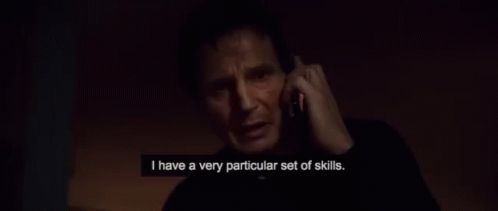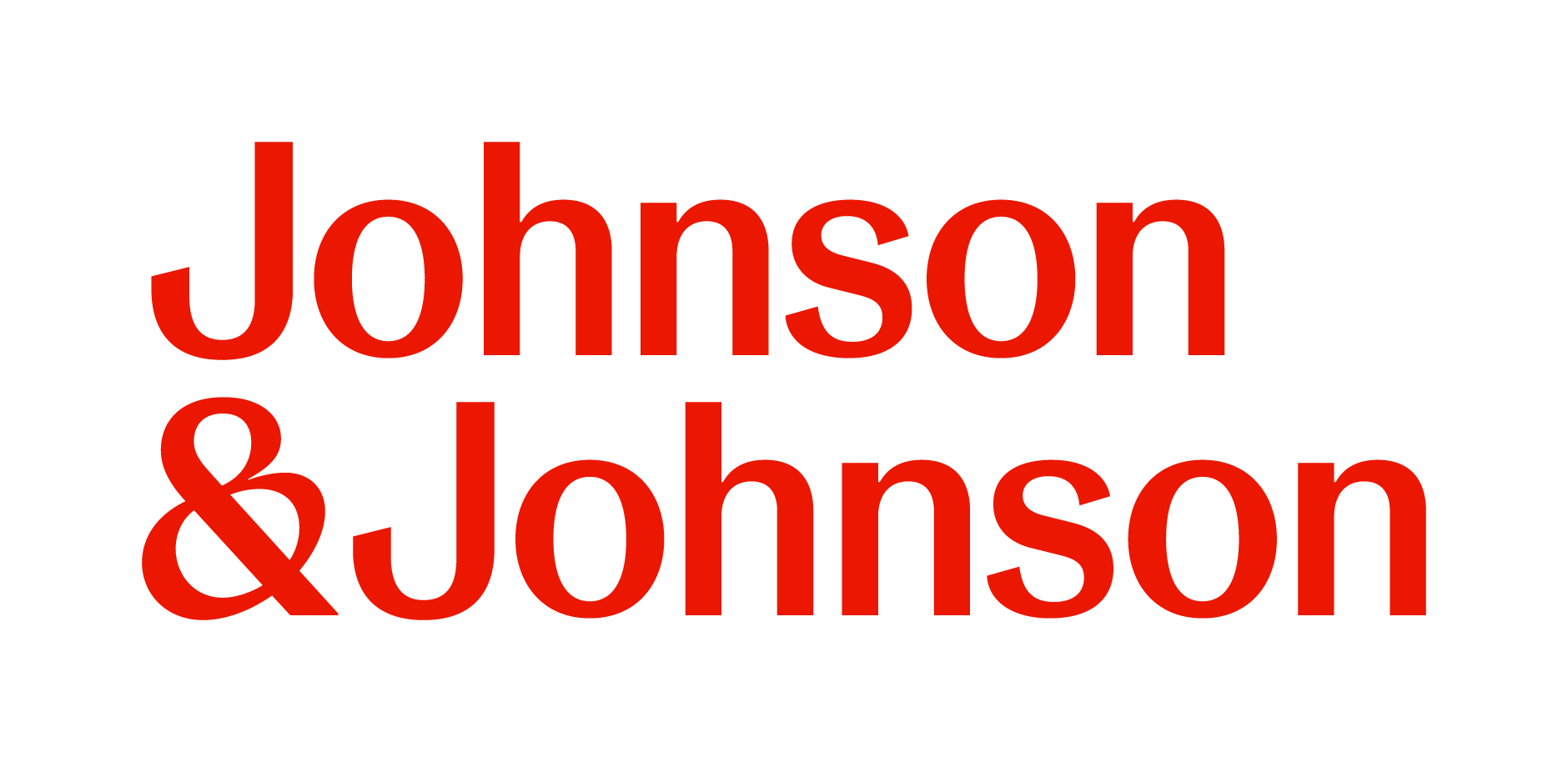Resumes are your first—and sometimes only—chance to show companies and recruiters what you have to offer. That’s why it’s so important that you put what companies are really looking for on your resume. However, different jobs look for different styles of resume, keywords, skills, numbers, and even formats. That’s why having a resume that’s tailored to the position (a job-specific resume) can be essential for landing that interview.
At the same time, nobody wants to make a new resume for every single application they send. But when should you make a job-specific resume? What kinds of jobs need specific resumes? We’ve answered these questions and more with our definitive guide on how and when to make a job-specific resume.
When To Make A Unique, Job-Specific Resume
Not sure what or when to put something new on your resume? Been staring at your computer for hours? Don’t worry. We’ve got the answer.
Making a unique resume for a certain type of job should always be done if one or more of the following three things are true:
- The job requires specific hard skills like programming, professional software, or legal knowledge.
- The job is largely measured by certain qualities like sales numbers, revenue, or growth.
- Your resume isn’t currently geared toward that job.
If any of these things are true, then it’s time to cook up a new resume. We’ll explain why with a few more concrete examples of this.
The Numbers-Heavy Resume

In sales, the thing that stands out to hiring managers more than anything is numbers.
Organized 50+ cold-calling marathons, Led team of 8 in a door-to-door fundraising campaign, and Generated $5,000 in revenue through sales of enterprise product—all leverage data points to showcase not only the content of your experience, but also the scale at which you worked.
Your performance is measured by numbers, especially dollar figures, in career tracks like account management, sales, and the like. That’s why having them on your resume for business development type roles is so important.
(Check out our complete guide on How To Make A Sales Resume.)
The Skills-Centric Resume

Similarly, jobs like Software Engineer and Business Intelligence Analyst are all about specific skills. That’s why you shouldn’t just list something like “Programming” or “Backend Programming” on your resume. Instead, you should have skills like PHP, SQL, Python, and Java and a list of projects that include links to Github or other online repositories of your code.
Projects and specific languages or disciplines are what matter in skill-centric jobs. Projects you’ve done are excellent ways of actually demonstrating this.
The Graphics-Heavy, Creative Resume

In many jobs, aesthetics matter. If you’re applying to be a designer, editor, or someone who works with visual content in any way, you should consider creating a more aesthetically pleasing resume.
Organization of skills, work, extracurricular, and academic activities in a way that effectively communicates your story is, in fact, a skill within itself. You should be able to demonstrate the ability to graphically arrange information in a way that pleases the eye and informs the reader. That’s why designers and visual creatives ought to make resumes that reflect this type of skill.
Consider using color, multi-column formatting, and even a photo in this kind of resume.
Word of warning: If you are still applying to non-creative jobs or even creative jobs at massive companies, their application systems might fail to recognize your resume. Make sure to check whether or not their digital system will accept uniquely formatted files.
This guide should help you craft whatever kind of resume you might need.
For everything else career-related and spotlights on amazing companies, check out the WayUp blog.





